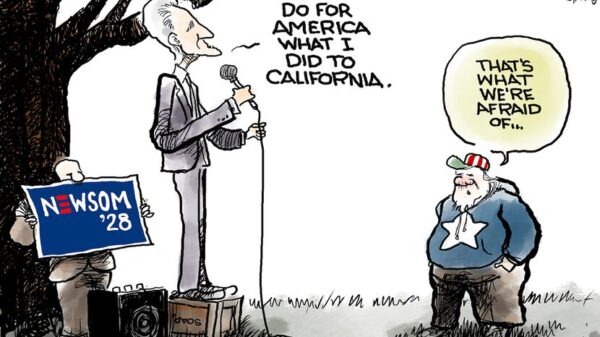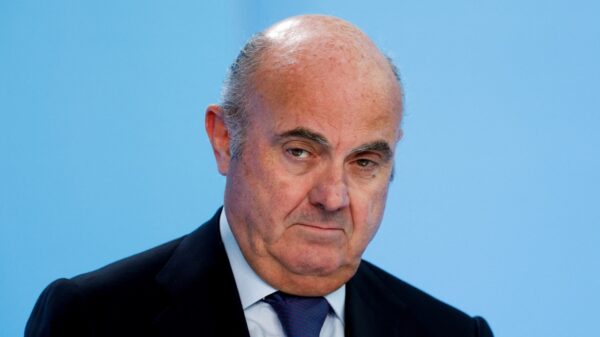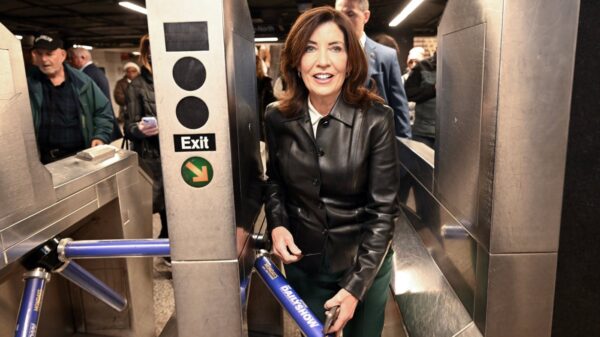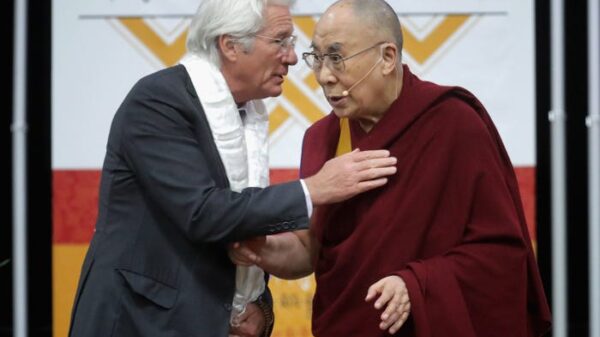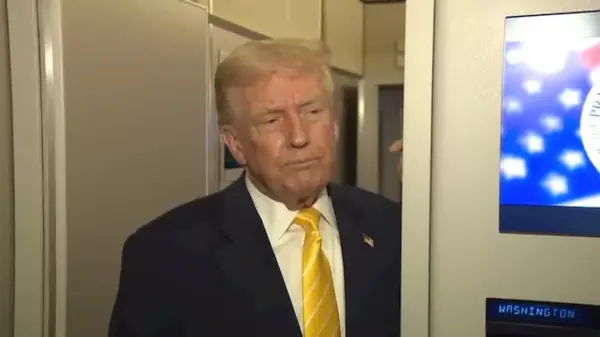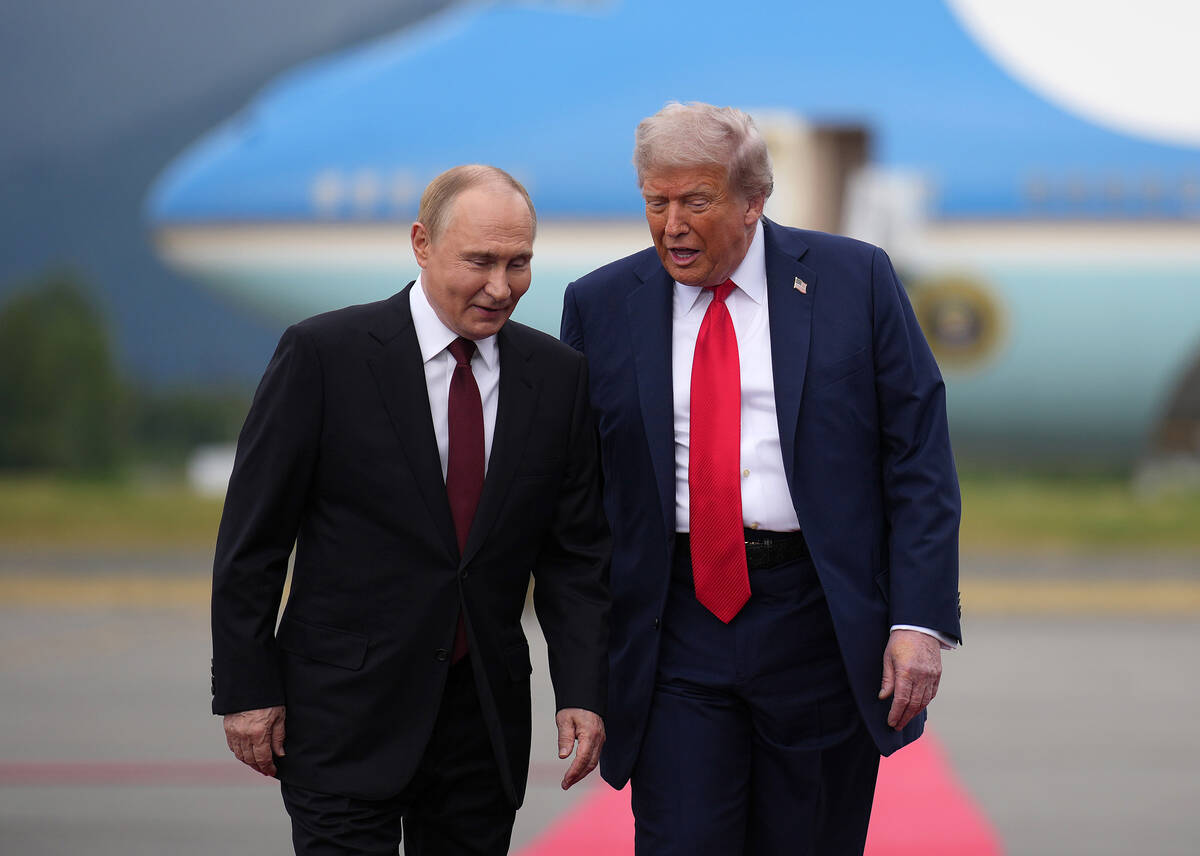During a recent summit in Alaska, President Donald Trump faced significant backlash for his interactions with Vladimir Putin, a former KGB agent. Critics argue that the meeting showcased a troubling shift in U.S. foreign policy, particularly concerning its relationship with Ukraine and NATO allies. The summit raised questions about Trump’s stance on aggression against democratic states and his approach to international diplomacy.
The event unfolded against a backdrop of escalating tensions in Ukraine, where the country continues to confront Russian aggression. Observers noted that Trump appeared to extend a red carpet welcome to Putin, fostering an image of camaraderie with a leader long deemed a threat to democratic governance. This has left many questioning the implications for Ukraine, which has been valiantly defending itself against a far larger adversary.
In the aftermath of the summit, media coverage focused on potential strategies for Ukraine, including options to negotiate “security assurances” while maintaining the possibility of NATO membership. However, critics were quick to point out a lack of emphasis on Trump’s apparent appeasement towards Putin. Many felt that discussions failed to address the serious consequences of allowing a cease-fire to transform into a peace deal without accountability for Russian actions.
The failure to uphold Trump’s earlier promises of imposing severe consequences for Russian aggression has drawn sharp criticism. Questions have arisen regarding what constitutes a “red line” in international relations and how many missed deadlines can be deemed acceptable. Observers noted that during the Obama administration, the Republican Party vehemently criticized perceived weakness in foreign policy, particularly after the decision not to retaliate against Syria following its use of chemical weapons.
Now, the Republican Party seems largely silent on Trump’s handling of foreign policy, even as he declared, “It’s up to Zelenskyy,” referring to Ukraine’s President Volodymyr Zelenskyy. Detractors argue that it should not be solely Zelenskyy’s responsibility to navigate the complexities of the conflict. Instead, they contend that a coherent and robust policy of increasing military aid to Ukraine, alongside measures to economically isolate Russia, is necessary to effectively counteract aggression against democracy.
Historically, the United States has taken a firm stance against threats to democratic nations, but many believe this policy has been undermined by Trump’s approach. Critics describe him as a weak, unprincipled ally of Putin, whose actions may ultimately embolden further aggression. As the implications of the Alaska summit continue to unfold, the international community is left questioning the future of U.S. foreign policy and its commitment to supporting democratic states facing external threats.





